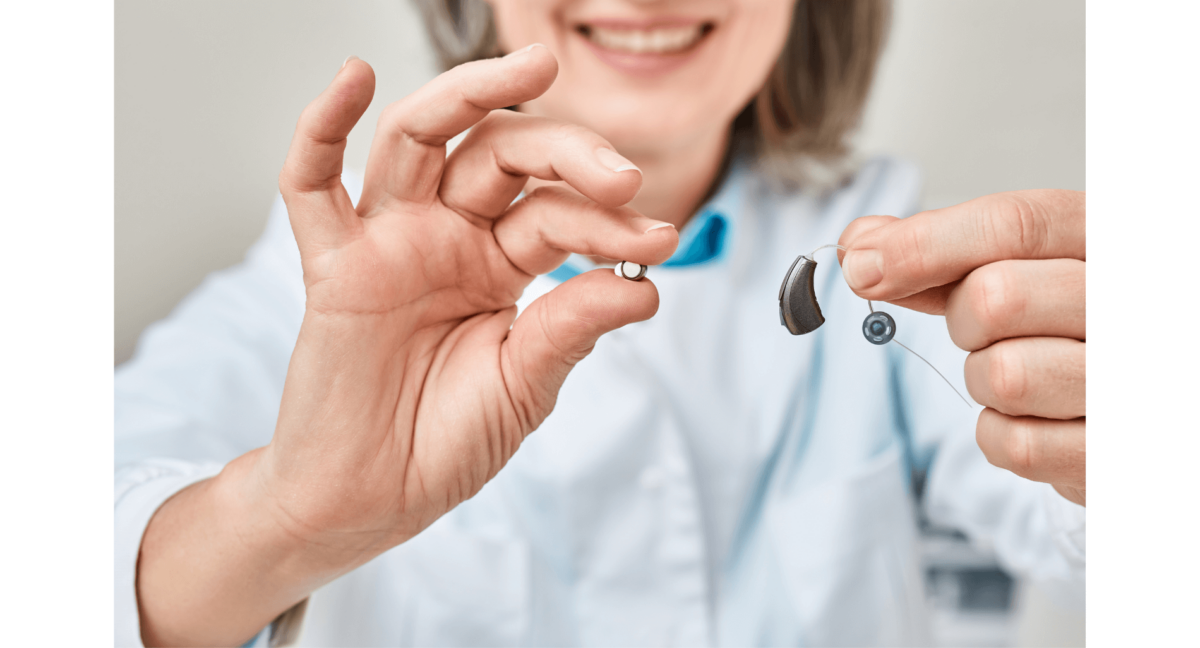- Are Cochlear Implants Worth It? - June 6, 2025
- Tips for Using Hearing Aids in Different Environments - May 27, 2025
- Rechargeable Hearing Aids vs. Battery-operated Hearing Aids - May 16, 2025
Hearing aids are powerful devices that enhance the listening experience for those with hearing loss. However, the effectiveness of these devices heavily relies on the performance of their power source – batteries. In this comprehensive guide, we’ll explore practical tips to prolong the life of your hearing aid batteries and look at alternative battery options.
Understanding Hearing Aid Batteries
Hearing aids traditionally use disposable batteries, categorized in standard sizes. Zinc-air batteries come in a range of sizes including sizes 10, 312, 13, and 675. Each size corresponds to a specific type of hearing aid. These batteries come in color-coded packaging, making it easy to identify the right one for your device. The colors corresponding to different hearing aid battery sizes include:
- Size 10: Yellow is the color associated with the smallest hearing aid batteries, size 10. These batteries are commonly used in smaller hearing aids due to their compact design.
- Size 312: Brown represents size 312 hearing aid batteries. These batteries are slightly larger than size 10 and provide a balance of size and power, fitting a variety of hearing aid styles.
- Size 13: Orange indicates size 13 hearing aid batteries. These batteries are larger and offer a longer lifespan, making them suitable for more powerful and feature-rich hearing aids.
- Size 675: Blue is the color assigned to size 675 hearing aid batteries. These are the largest standard hearing aid batteries, providing extended power for devices with high energy demands.
The color-coded system simplifies the process of selecting the right battery for your hearing aid, ensuring that you can quickly identify and replace batteries when needed.
Typical Lifespan of Disposable Batteries
The lifespan of disposable hearing aid batteries varies based on factors such as size, brand, and usage. On average, smaller batteries may last 3 to 5 days, while larger ones can provide power for 10 or more days.
Prolonging the Life of Disposable Batteries
Here are a few ways to prolong the life of your hearing aid batteries:
- Storage: Store your hearing aid batteries in a cool, dry place. Avoid refrigerators or the bathroom, as condensation and temperature changes can damage the batteries. Keep them away from metal objects, as this can create a short circuit.
- Power Off When Not in Use: When your hearing aids are not in use, turn them off to conserve battery power. This simple practice can significantly extend the life of your disposable batteries.
- Open the Battery Door: When not wearing your hearing aids, open the battery door to cut off power completely. This prevents the batteries from draining unnecessarily and helps preserve their longevity.
- Keep Them Clean: Regularly clean the contacts of your hearing aids with a dry, soft cloth. Accumulated dirt or moisture can affect the battery’s performance.
- Purchase Quality Batteries: Invest in high-quality batteries from reputable manufacturers. Cheaper alternatives may compromise performance and longevity.
Troubleshooting Battery Issues
Always purchase fresh batteries and check the expiry date on the packaging. Expired batteries may not perform optimally and can lead to issues. Before inserting batteries, inspect them for any signs of damage. A swollen or leaking battery can damage your hearing aid. If you notice any abnormalities, discard the battery safely. Ensure the battery contacts in your hearing aids are clean. Use a dry cloth or a specialized brush to remove any dirt or debris.
Rechargeable Hearing Aids
Rechargeable hearing aids have gained popularity for their convenience and ease of use. These lithium-ion batteries offer a longer lifespan than disposable batteries and can be recharged multiple times, reducing environmental impact. All you have to do is place the hearing aids on the charger overnight, and you’ll wake up to a full day of power.
Rechargeable hearing aids also eliminate the need to carry spare batteries, making them ideal for travel. Charging cases are compact and can provide multiple charges on the go. By choosing rechargeable options, you can also reduce battery waste.
We’ll Help You Get the Most Out of Your Batteries
Maintaining your hearing aid batteries is important to ensuring a great hearing aid experience. Whether you opt for traditional disposable batteries or join the growing community of rechargeable users, taking proactive steps to care for your hearing aid batteries will ultimately enhance your overall hearing health and well-being.
Visit us to learn more about your hearing aid options.

